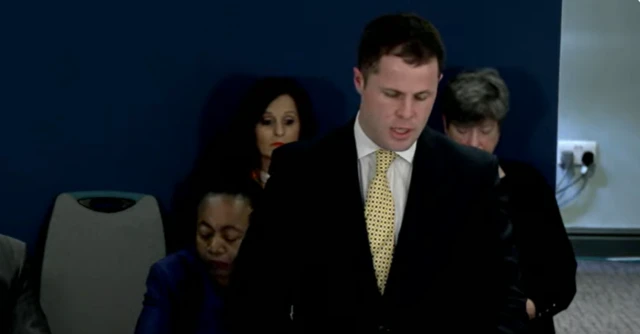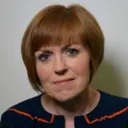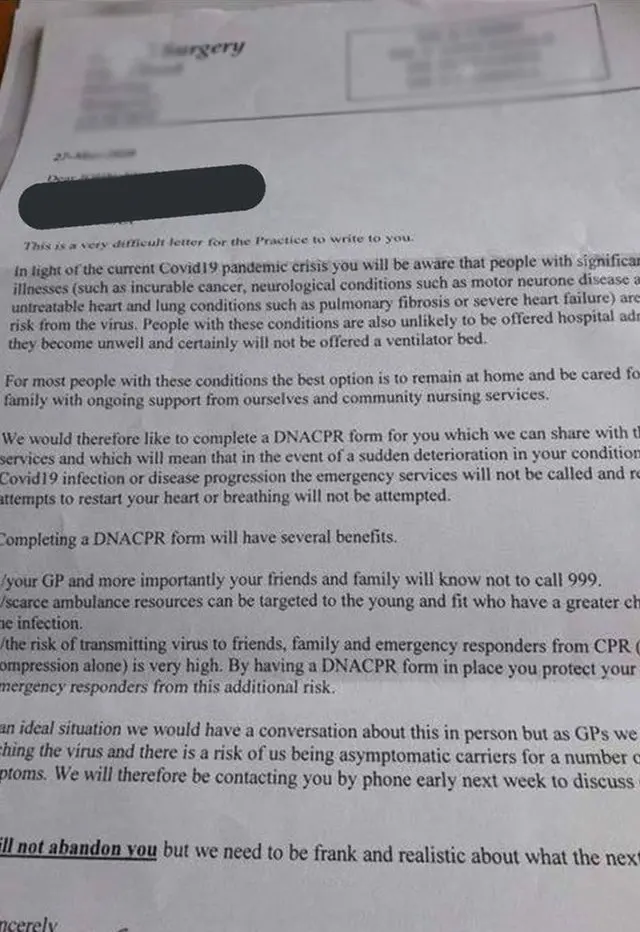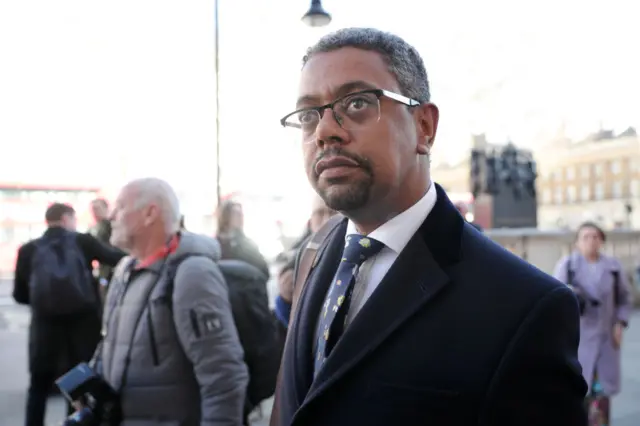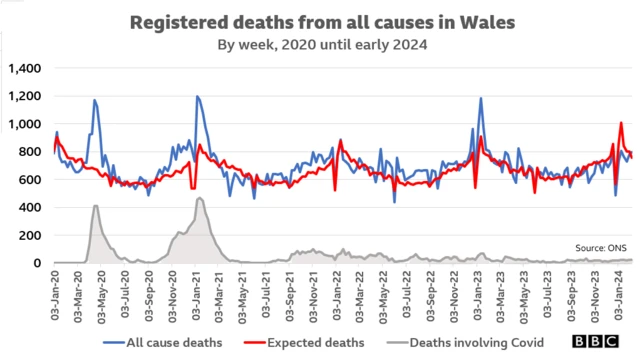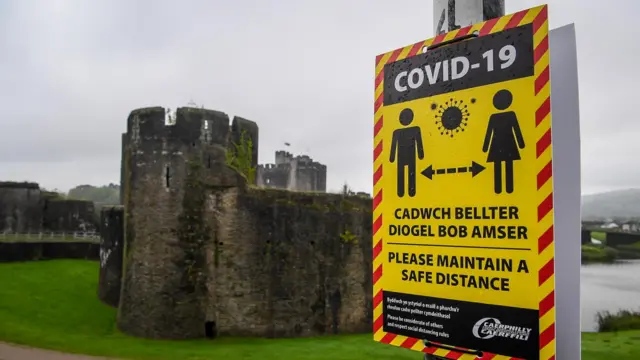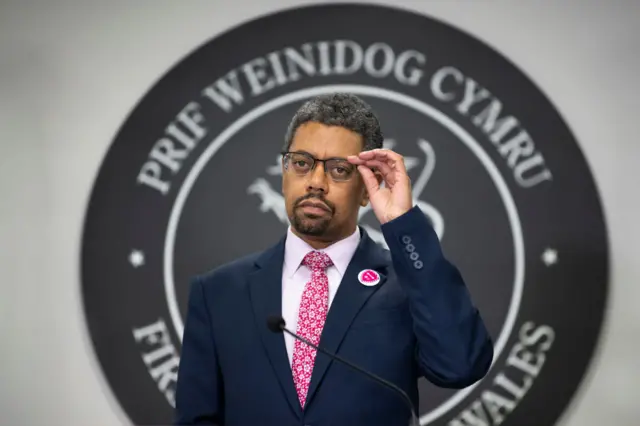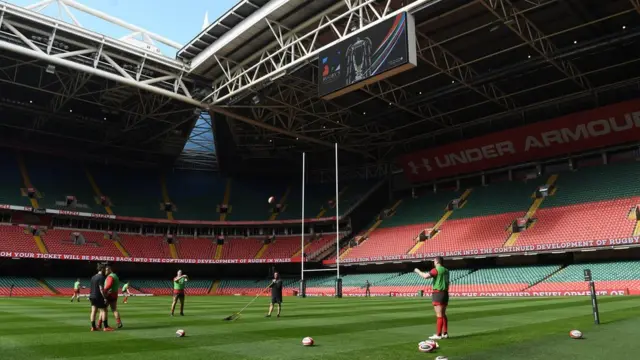Thanks for joiningpublished at 17:05 GMT 27 February 2024
The inquiry has ended for the day, and we’ll be bringing our live page coverage of proceedings to a close shortly.
Join us again tomorrow, when we’ll continue to bring you the latest developments and analysis from the Covid inquiry in Wales.You can see more about the day's events in our story here.
